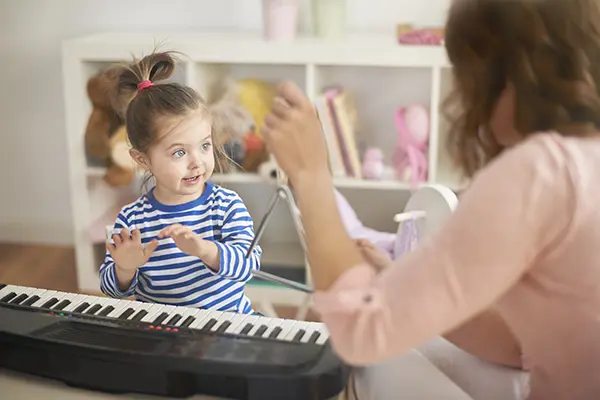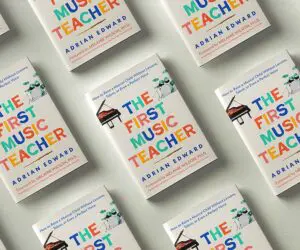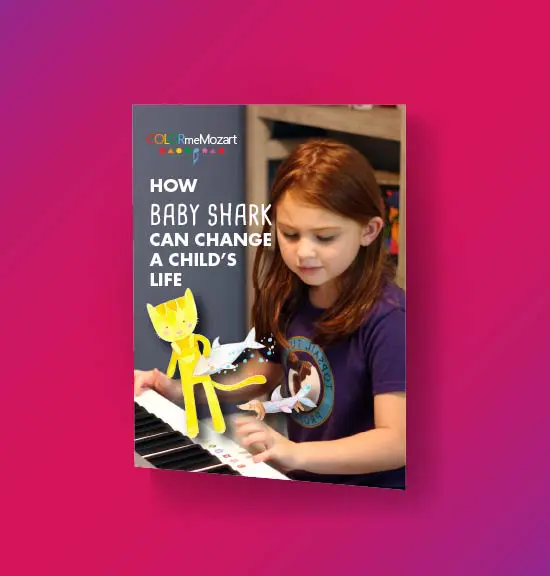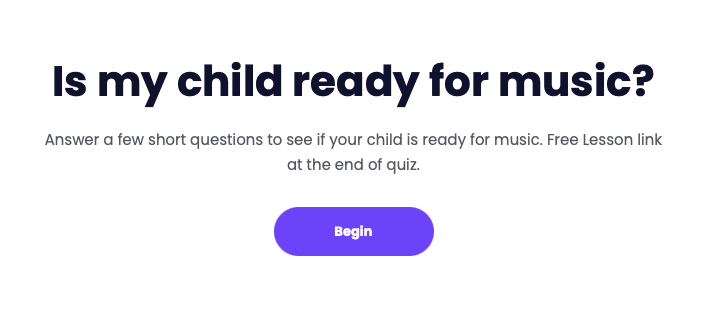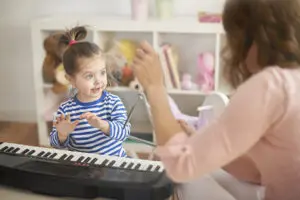 Introduction
Introduction
As parents embark on the journey of homeschooling their preschoolers, they are met with the delightful task of shaping a comprehensive and enriching curriculum. One crucial aspect of early childhood education is music, as it has been shown to foster numerous developmental benefits. A well-structured homeschool music curriculum can nurture creativity, enhance cognitive abilities, and cultivate a lifelong appreciation for the arts.
In this blog post, we will explore the importance of music in early childhood education and present a comprehensive homeschool music curriculum that ensures a harmonious learning experience for your little ones.
The Significance of Music in Early Childhood Education
Music is a universal language that transcends cultural and linguistic barriers. It has a profound impact on young minds, providing them with a myriad of benefits that extend far beyond mere entertainment. Engaging in musical activities from an early age stimulates various areas of a child’s development, including:
- Cognitive Skills: Music enhances memory, pattern recognition, and spatial-temporal reasoning, which lay the foundation for future academic success.
- Emotional Development: Music elicits emotional responses and helps children explore and express their feelings in a safe and supportive environment.
- Social Skills: Participating in group music activities fosters collaboration, communication, and empathy among preschoolers.
- Language and Literacy: Singing songs and learning rhymes improve language acquisition and phonological awareness.
- Motor Skills: Clapping, dancing, and playing instruments develop fine and gross motor skills in young learners.
Color Me Mozartâ„¢ is the perfect Homeschool Music Curriculum solution for your young child
The Color Me Mozartâ„¢ homeschool music curriculum is thoughtfully designed to cater to the diverse needs of preschoolers and instill a lifelong love for music:
- Music Foundational Beginnings
The curriculum breaks music down into its most fundamental elements and uses shapes and colors to introduce music. Additionally, fun activities like clapping, stomping, and dancing to the beat of simple nursery rhymes help children internalize rhythm. This stage also introduces musical elements like tempo and notes through interactive games and visual aids.
- Melodic Explorations
As preschoolers continue to learn notes, they are introduced to melodies through songs played on the xylophone and piano. The curriculum encourages singing along to familiar tunes and exploring readings writing, and playing music. Basic musical notation, represented through colorful visuals, is introduced, helping children recognize musical patterns.
- World Music Adventures & Instruments
Being that music is such a universal language, exposing children to the rich diversity of music is extremely beneficial. They will be introduced to music and instruments from different cultures, learning about traditional instruments. This not only promotes cultural awareness but also expands their understanding of music as a universal language connecting people worldwide.
- Creative Expression and Movement
As preschoolers approach kindergarten age, the focus shifts to creative expression. Improvisation and creative movement are integrated into the curriculum, encouraging children to create their own musical melodies and composition. This stage also includes exposure to famous composers and musicians, instilling an appreciation for classical and contemporary music.
- Performance Opportunities
Throughout the curriculum, ample opportunities for informal performances are provided, enabling children to build confidence and showcase their newfound musical skills to family and friends. These performances can range from simple sing-alongs to small recitals or virtual showcases, fostering a sense of accomplishment in preschoolers.
Teaching Resources and Parent Involvement
Homeschooling parents need not be music experts to implement this curriculum successfully. Numerous online resources, music apps, and educational videos are readily available to support the learning process. Additionally, parent involvement is encouraged during music sessions, allowing them to bond with their children and participate in their musical development.
Conclusion
A homeschool music curriculum is a valuable addition to any preschooler’s educational journey. By incorporating music into their daily routine, parents can create a joyful and enriching learning environment for their little ones. Music not only enhances cognitive abilities but also nurtures emotional, social, and motor skills. The carefully designed curriculum outlined above provides a well-rounded approach to music education, catering to the specific needs and interests of preschoolers.
As parents embark on this musical adventure with their children, they will witness the transformative power of music, creating lasting memories and building a strong foundation for their child’s overall development. So, let the melody of education harmonize with the joyous sounds of learning in your homeschool music curriculum!

